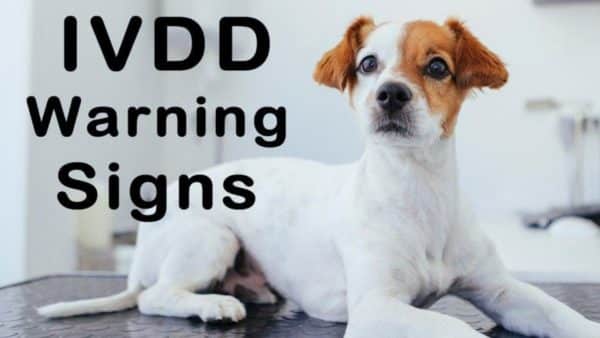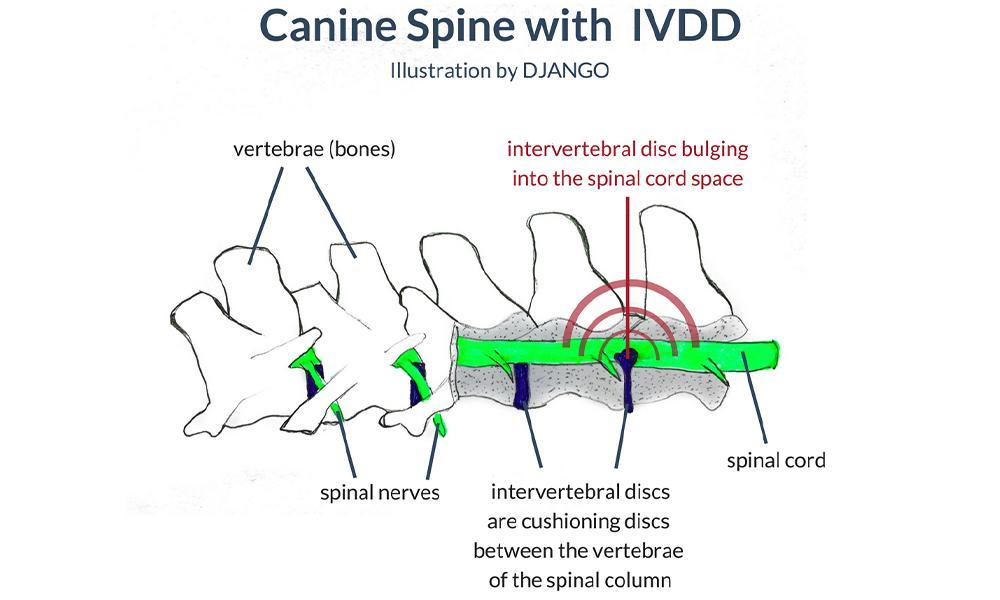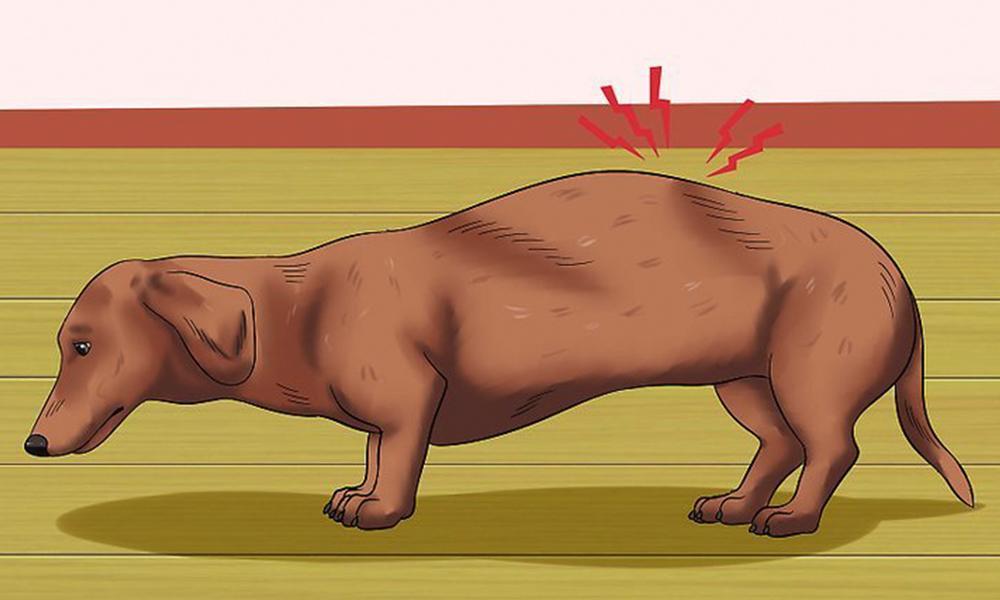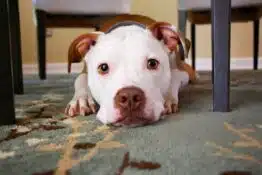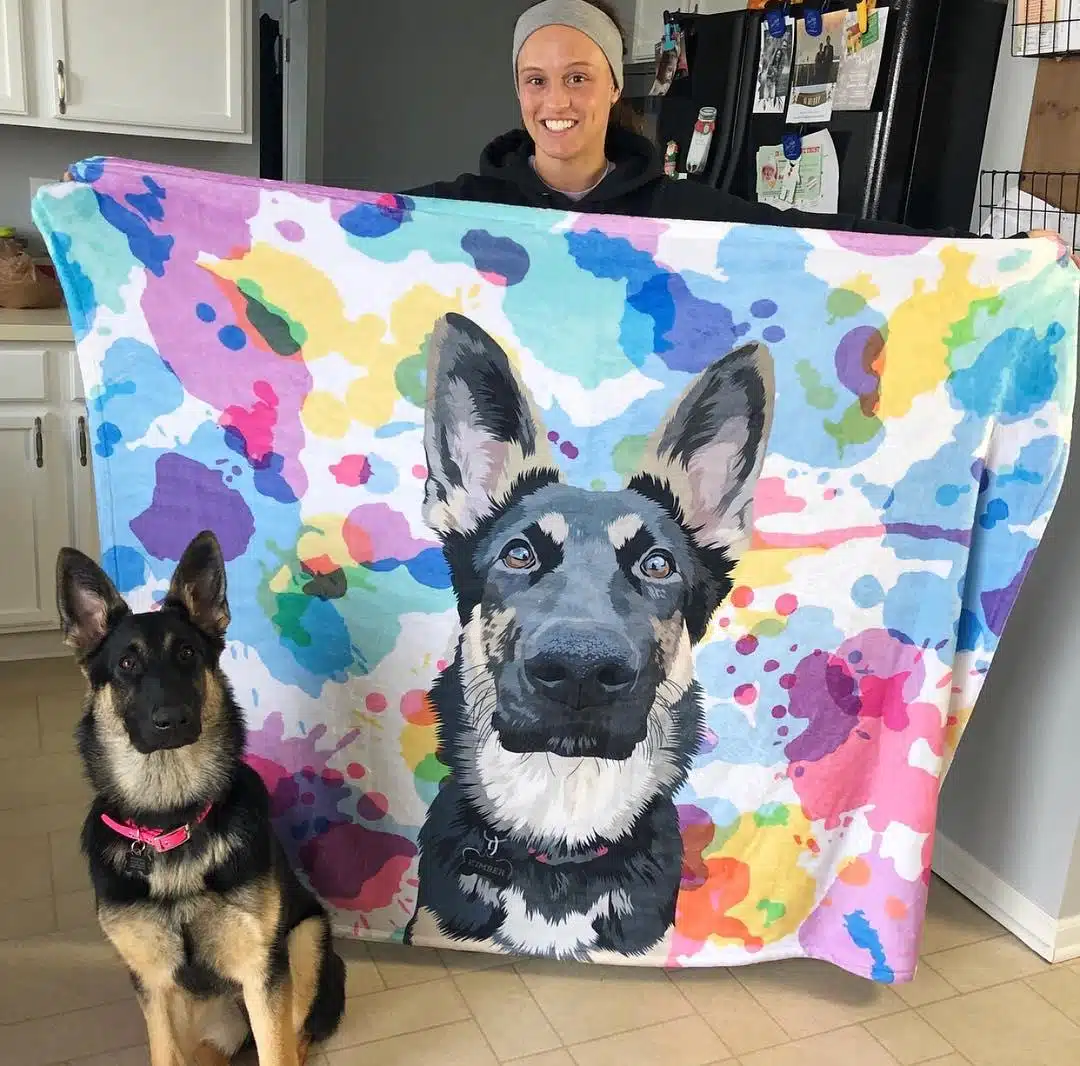If You Own A Dog, Read This
If you own a dog, it is very important to be aware of Intervertebral Disc Disease (IVDD). Many pet parents don’t realize their dog is prone to or is affected by IVDD until it’s too late. However, do not mistake IVDD for Degenerative Myelopathy (DM), another debilitating back issue.
Watch Dr. Ross’s Review on Dog Ramps
What Is IVDD?
Intervertebral disc disease is a common condition characterized by the breakdown (degeneration) of one or more of the discs that separate the bones of the spine (vertebrae), causing pain in the back or neck and frequently in the legs and arms.
Knowing the Early Signs of IVDD Can Prevent the Disease From Worsening
Surgery for IVDD can cost up to $7,000 and multiple surgeries could potentially be required. That being said, let’s look at 3 early warning signs of IVDD so you can make sure your dog gets the best preventative care possible. If you suspect that your dog is experiencing any of the following signs or symptoms, seek veterinary advice as soon as you can:
#1. SENSITIVITY TO BEING TOUCHED
When you touch your dog, he may cry out or yelp in response, and perhaps even act aggressively towards you. In some cases, you may even notice your dog avoiding you to prevent you from picking him up or patting him.
IVDD Survivor Story – Hannah & Louis
#2. UNUSUALLY WITHDRAWN AND QUIET
When your dog is in pain, he may spend a lot of time sleeping or laying down in a place that’s not a part of his normal routine. You might also notice your dog hiding or sitting in an isolated corner.
#3. A HUNCHED BACK
A dog with disc issues tends to develop a hunch in his back – a hunch may be severe or it may also appear in a more subtle manner where it looks like one or two vertebrae are protruding from the spine slightly. Your dog may also move around with a slower and shuffling walk and/or have a tense belly.
Help Ease the Strain on Your Dog’s Spinal Cord
1. Low-impact exercise and play: Avoid exercising your dog in ways that can strain his back (i.e. jumping, wrestling, running etc…).
2. Avoid allowing your dog to jump on and off furniture. This can strain their spinal cord, which can lead to back injuries over time. A fall off the furniture from a jump can also trigger or worsen the symptoms of IVDD. Use a Ramp instead to provide easy access to the sofa or bed.

Being Aware of IVDD Is the First Step
Now that you know some of the early signs of IVDD, hopefully, this knowledge can help you catch the disease in its early stages and get the proper care so it doesn’t worsen and result in surgery. Being aware of IVDD is the first step to help ensure a long and healthy life for your beloved dog.

